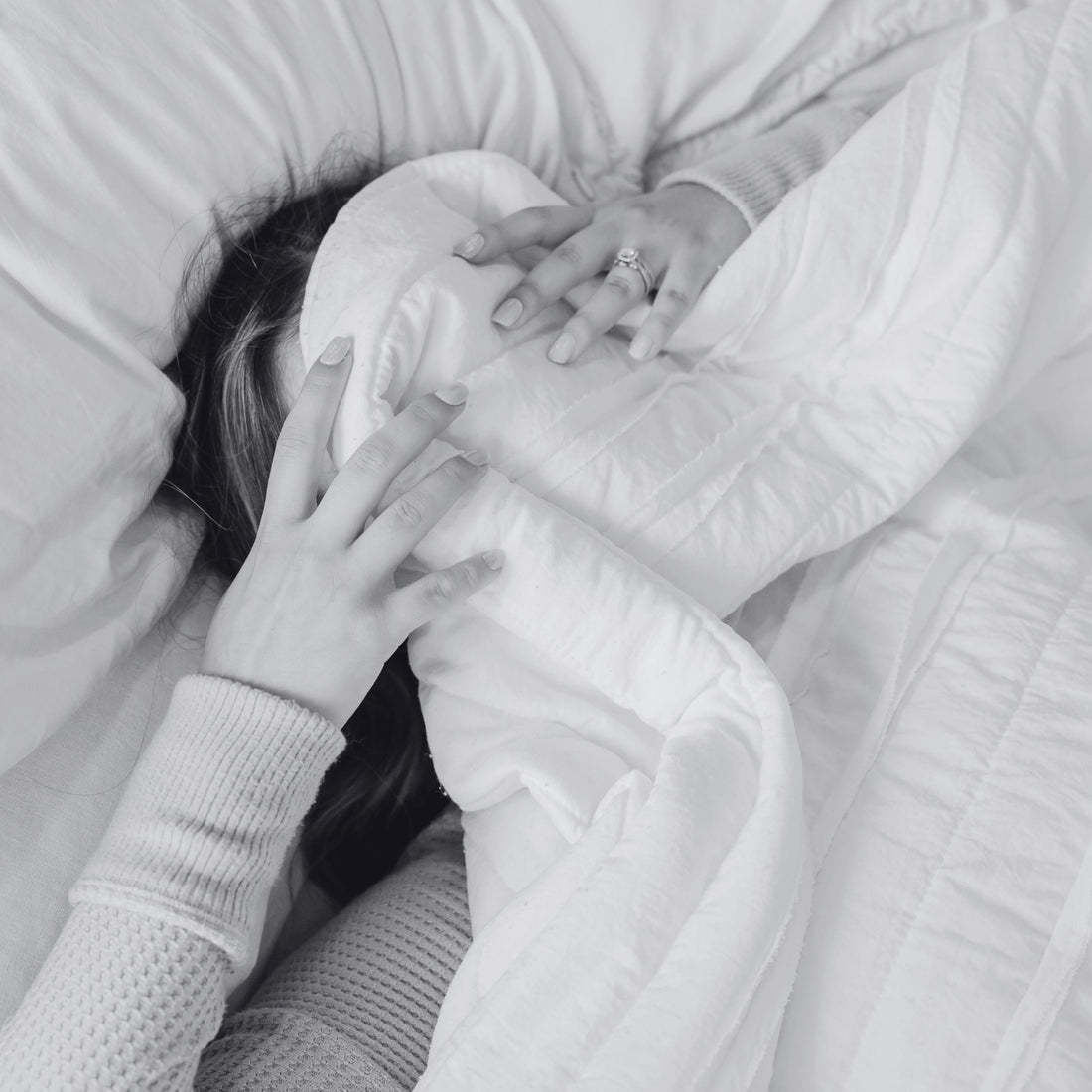Why Better Rest Is Your Brain and Body’s Best Friend
Let’s be honest—most of us already know that sleep is essential. But between late-night scrolling, binge-worthy shows, and overloaded to-do lists, actually getting good quality sleep? That’s another story.
According to the American Academy of Sleep Medicine (AASM) and the Sleep Research Society, adults between 18–65 need 7–9 hours of sleep a night. But reality check:
32% of Australians aren’t hitting that target
85% wake up at least once per night
And fun fact: adults over 45 who slept with a comfort object (yep, really) slept better than those who didn’t.
So what’s the big deal about sleep, anyway?
Sleep Is Your Anti-Ageing Shield
If you care about ageing—not just skin-deep but cellular, metabolic, and mental health—then sleep has to be non-negotiable. Poor sleep and artificial light exposure reduce melatonin, the hormone that helps us fall asleep and protects the brain from oxidative stress.
Lack of deep, restful sleep has been linked to:
- Cognitive decline & Alzheimer’s【1】
- Suppressed immune function
- Insulin resistance & Type 2 Diabetes
- Reduced testosterone and hormone imbalance
- Increased belly fat and metabolic syndrome【2】
- Poor cardiovascular health【3】
And here's a wild stat: just one night of sleep deprivation increases β-amyloid accumulation in the brain—a protein associated with Alzheimer’s disease【4】.
8 Natural Ways to Improve Your Sleep (Tonight)| Habit | Why It Matters |
|---|---|
| Stick to a sleep schedule | Your body loves rhythm—same bedtime and wake time helps regulate melatonin. |
| Get natural light in the morning | Especially without sunglasses—this signals the brain to start the day and build melatonin for later. |
| Block blue light at night | Use blue-light filtering glasses or warm lighting (like BlueBlockLight). It’s critical for melatonin protection. |
| Cut caffeine, alcohol & sugar | These disrupt deep sleep cycles—less is more after 2 PM. |
| Create a sleep sanctuary | Quiet, cool (16–20°C), dark, with clean air. Keep windows slightly open to reduce CO₂ build-up. |
| Wind down slowly | Try breathwork, yin yoga, or a guided meditation. Calm body = calm brain. |
| Ayurvedic sleep support | Consider herbal blends like Ashwagandha Moon Brew to relax your nervous system. |
| Digital detox | Shut down screens at least 30–60 min before bed—your circadian rhythm will thank you. |
Sleep isn’t a luxury—it’s your foundation.
When you sleep well, everything functions better: your hormones, your brain, your energy, and your ability to thrive.
So tonight, skip the doom scroll and slide into sleep with intention. You deserve to wake up rested, vibrant, and living your most vital life.
References:
- Ju, Y-E. et al. Brain (2017)
- Spiegel K, et al. The Lancet (1999)
- Liu Y. et al. Journal of the American Heart Association (2019)
- Shokri-Kojori E. et al. PNAS (2018)

